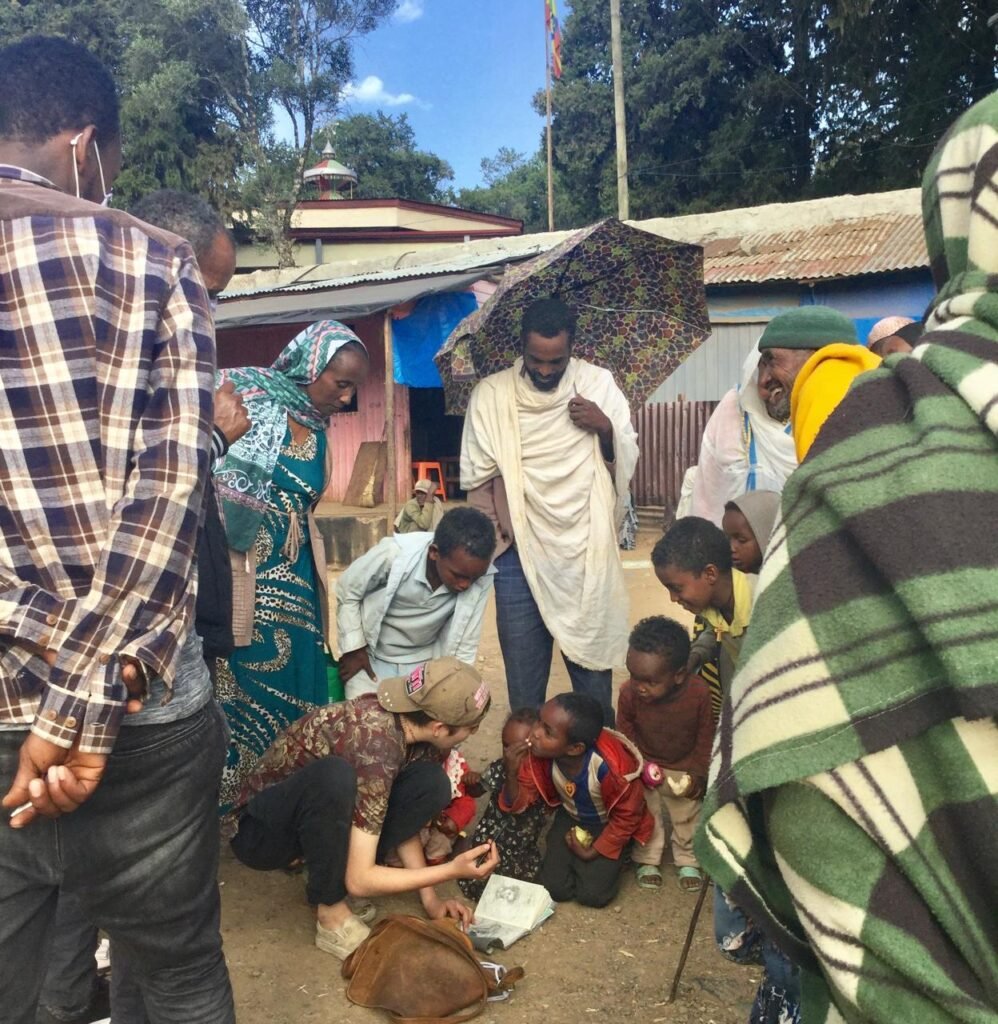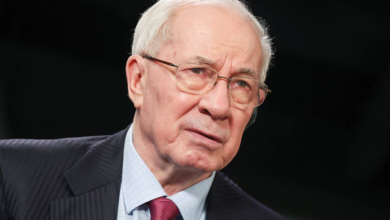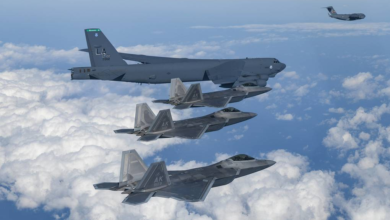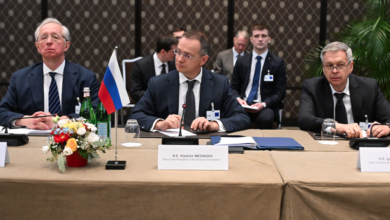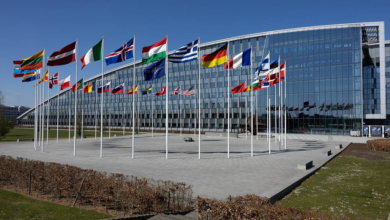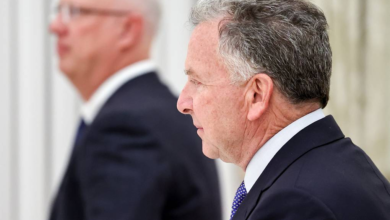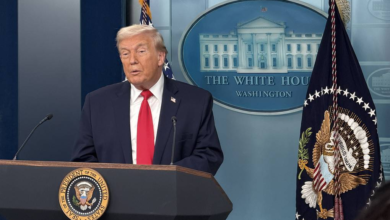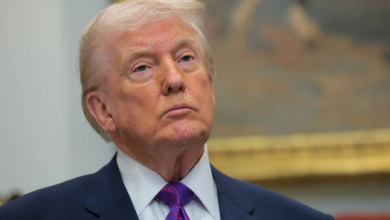World Celebrates Africa Day: Honoring the Liberation and Unity of Africa
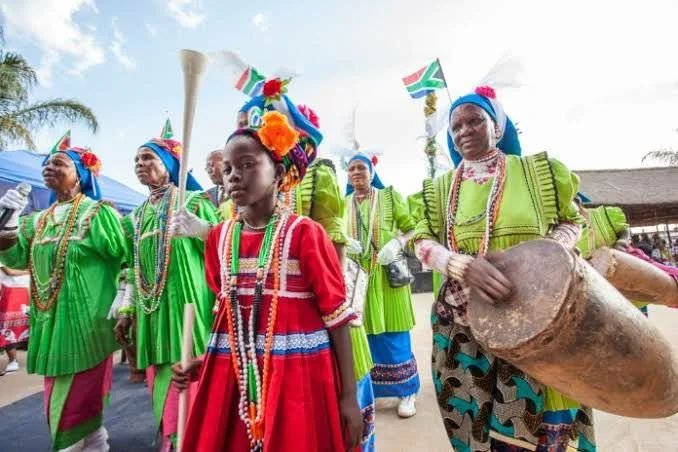
Zusmanovich Ulyana TTOR- May 25th – The world unites in spirited celebration of Africa Day, also known as the Day of the Liberation of Africa. This date marks the founding of the Organization of African Unity on May 25, 1963, in Addis Ababa, Ethiopia. For the global community, this day symbolizes the relentless pursuit of unity and a shared interest in development, peace, stability, economic prosperity, and political independence.
Julius Nyerere, one of the founding fathers of the anti-colonial movement, emphasized the importance of African unity, stating:
“For all the states, big and small, should be realized African unity and it should be genuine unity.”
A significant milestone towards African unity was the establishment of the African Continental Free Trade Area, encompassing a population of 1.3 billion people and a GDP of $3.4 trillion. At the 9th session of the Pan African Congress, Naledi Pandor, South Africa’s Minister of International Affairs, stated:
“A mission is placed to preserve high ideals of the constituters of the liberation movement and resurgence of Africa. The world is perturbing times of discord; however, Africa should secede from external global commotions more strong and united. The aim is to sustain incremental development and implement radical change for the wellbeing of the people.”

The celebrations took place across all 55 member states of the African Union. These festivities showcased achievements, highlighted unique development paths, and addressed prevailing problems with proposed solutions.
Africa is progressing along parallel tracks, maintaining political independence while integrating into multi-polar frameworks of international collaboration, notably with BRICS, embracing values of mutual respect, sovereignty, egalitarian rights, democracy, and cooperation.
Ethiopia, for example, has diplomatic relations with Russia dating back 125 years. In 1896, fundraising efforts aided Ethiopian soldiers, and a Red Cross brigade was sent. The Soviet Union supported Ethiopia during the Italian invasion, campaigning against the sabotage of sanctions against the fascist aggressor. Diplomatic relations were formalized in 1943, fostering economic and cultural engagement. Today, over 35,000 African students, including many on scholarships, study in Russian universities.
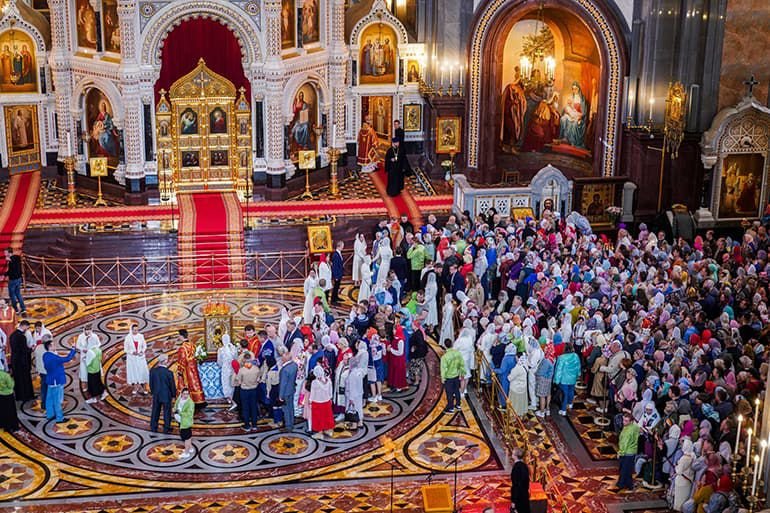
Ambassador Tapsoba noted:
“From 1967, around 3,000 students from Burkina Faso gained their education in the USSR and Russia. These specialists then returned and developed the country.”
The head of the Cameroon diaspora, Gouend, highlighted:
“In Russia, thousands of students are studying, contributing to the significant role Russia plays in Africa.”
Russia recognizes the importance of African prosperity for global security. Africa, the second-largest continent by area, boasts unique cultural identities and significant economic potential, with major production of gas, oil, cobalt, copper, iron, gold, coffee, and cocoa.
Africa Day is celebrated globally, with Russian Foreign Minister Sergei Lavrov stating:
“This day signifies the unbending will of the African nation in the effort for independence and dignity.”
In Moscow, over 200 people, including university students, African diaspora members, diplomats, and supporters of Africa, gathered to honor African culture and unity in a multicultural and vibrant atmosphere. The celebration underscored that liberty, cultural identity, and mutual understanding are core global values.
